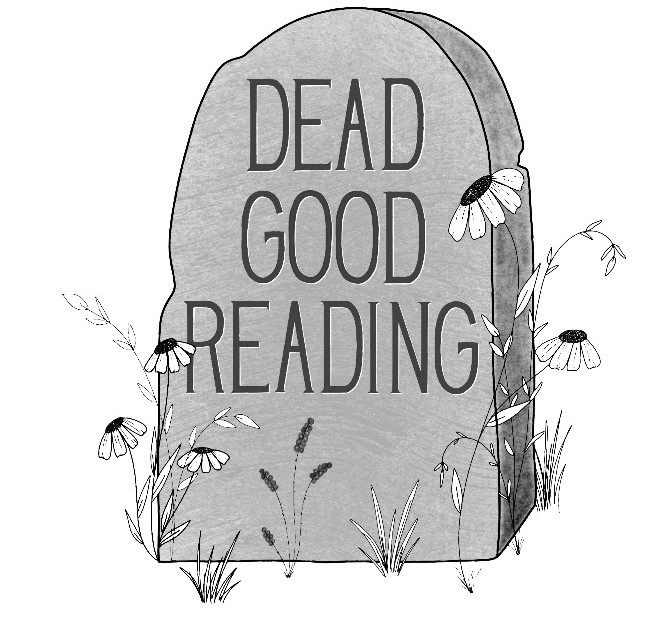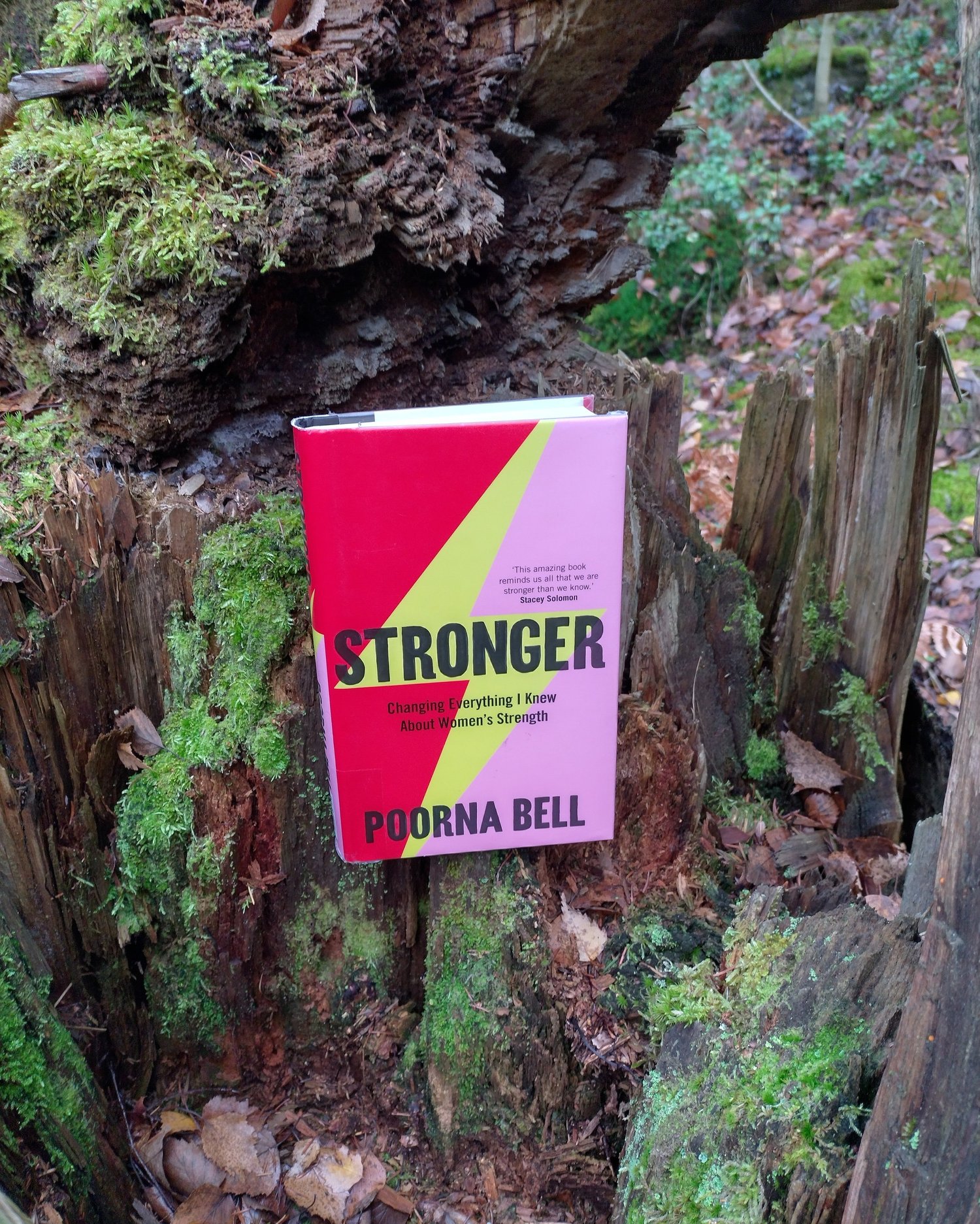I recently read Poorna Bell’s Stronger: Changing everything I knew about women’s strength. The majority of this book is not about death or grief, but about strength. The power of women. The physical power of women and how culturally it is often expected for women to be petite, dainty, or weak. Yet, women have great potential to be strong, to powerlift and to develop muscles. We are just strongly discouraged not to.
I’ve never really been to a gym. As a child I used to go horse riding, in my early twenties I moved to running and swimming, and in my late twenties I joined a field hockey team (mainly because I realised running and swimming solo are not great ways to make friends in a new place). I have never desired to go to a gym and do some weights. Or to do whatever people do in gyms. But reading Stronger made me realise one of the reasons I have never attempted to go to a gym is because those places terrify me. They seem weirdly masculine and cold. Not for me.
When I was still living in Bath, my roommate picked up weightlifting and got really good at it. However, she would often come back home complaining about the gazes, particularly male gazes. I don’t know if you ever been to the sport’s centre at the University of Bath, but while the weightlifting area is downstairs, it is completely visible from the floor above, and therefore a lot of what you do is being watched by others. This, for me, was reason enough never to set foot in the place beyond going to the swimming pool.
Two events in Bell’s life changed the way she thought about whether she belonged in a space like a gym and her internalised sense of shame: the first was being born with a congenital hole in her heart, which was not discovered until she was 31. The second was losing her husband Rob and realising she not only wanted to be mentally strong, but physically strong as well. Her husband Rob died by suicide, which is always a difficult type of loss to put your head around.
“People describe a suicide as a grenade thrown into your house. I think of it as napalm. In order to burn, napalm sucks in all the oxygen in the vicinity. Its chemical nature makes it so effective in what it does. It can attach itself to anything usually impervious, like a bunker or a tank, and violently burn through all of it. Rob’s death was like that. It burned through everything- our past, my future, hope, my will to survive- until almost nothing was left.”
— Strong (Bell, 2021, page 12)
Stronger not only tells Bell’s story, but also includes the experiences of 1043 girls and women who took part in a survey Bell conducted about their experiences of physical activity. For many ‘losing weight’ is a main reason to go to a gym, but even when this is not your personal goal, it is often assumed that’s why women go to the gym, not for the sake of getting strong.
While it would be unfair to label this book as a grief memoir, there are some pertinent insights for those trying to grapple with personal loss:
“Asking yourself what gives you serenity has to be done at the right time, not when your heart is broken by grief. Your heart needs to start healing and things need to be set down. When things are clearer, less foggy from loss, it’s possible to see what might give you back a sense of control, without being controlling”
— Strong (Bell, 2021, page 241)
Bell gives readers permission to pick up their favourite sport leggings and plunge into the world of weightlifting, but also to grieve in the way that feels appropriate for you as an individual. I, for one, have been inspired to give it a go (in a small gym, somewhere in a hidden corner), not least because research has shown that weightlifting is excellent to keep your bones healthy in later life.
To learn more about Poorna Bell visit her website.


Leave a Reply